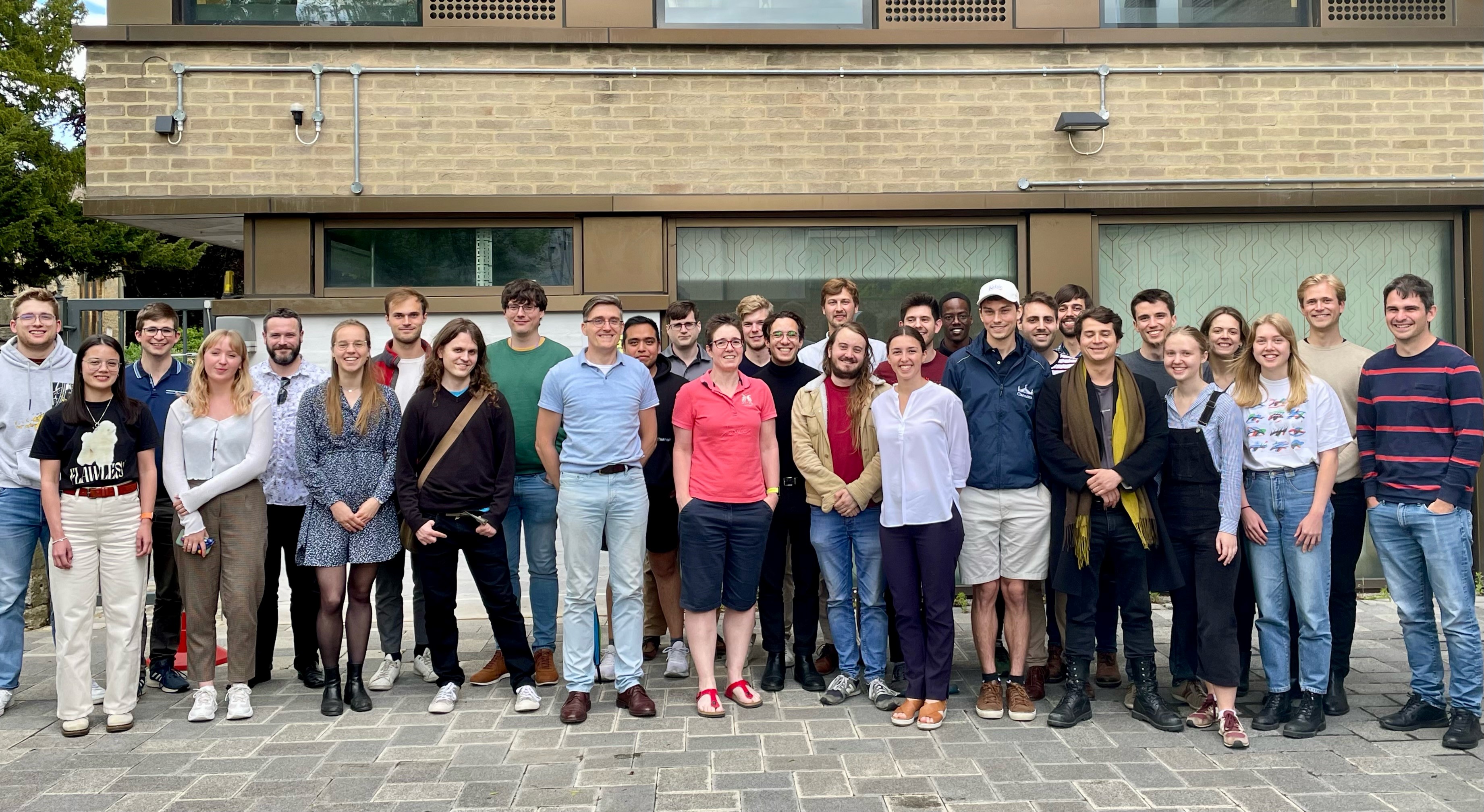Immunoinformatics
The immunoinformatics subgroup develops machine learning and bioinformatics methods for antibody structure prediction, optimisation and design, as well as infectious disease research.
Based in the Department of Statistics, OPIG is a dynamic, collaborative and interdisciplinary group that investigates antibodies, small molecules, and proteins. Together with a number of academic and industrial collaborators, OPIG blends experimental data and cutting-edge computational method development to gain valuable insights in these fields. The myriad of approaches OPIG employs includes deep learning, generative models, and computational statistics, as well as more traditional physics-based approaches. OPIG has a long history of collaborating closely with industry on key challenges in small molecule drug and biologics discovery.

The immunoinformatics subgroup develops machine learning and bioinformatics methods for antibody structure prediction, optimisation and design, as well as infectious disease research.
The protein structure subgroup develops methods to understand protein folding and conformation, using theoretical, computational, and experimental approaches. In collaboration with Diamond Light Source, we also develop advanced methods for X-ray crystallography.
The small molecules subgroup focuses on the development and application of computational methods to small molecule drug discovery. These include protein-ligand docking, scoring function development and binding affinity prediction, virtual screening, fragment-based drug discovery, de novo design, and lead optimization.